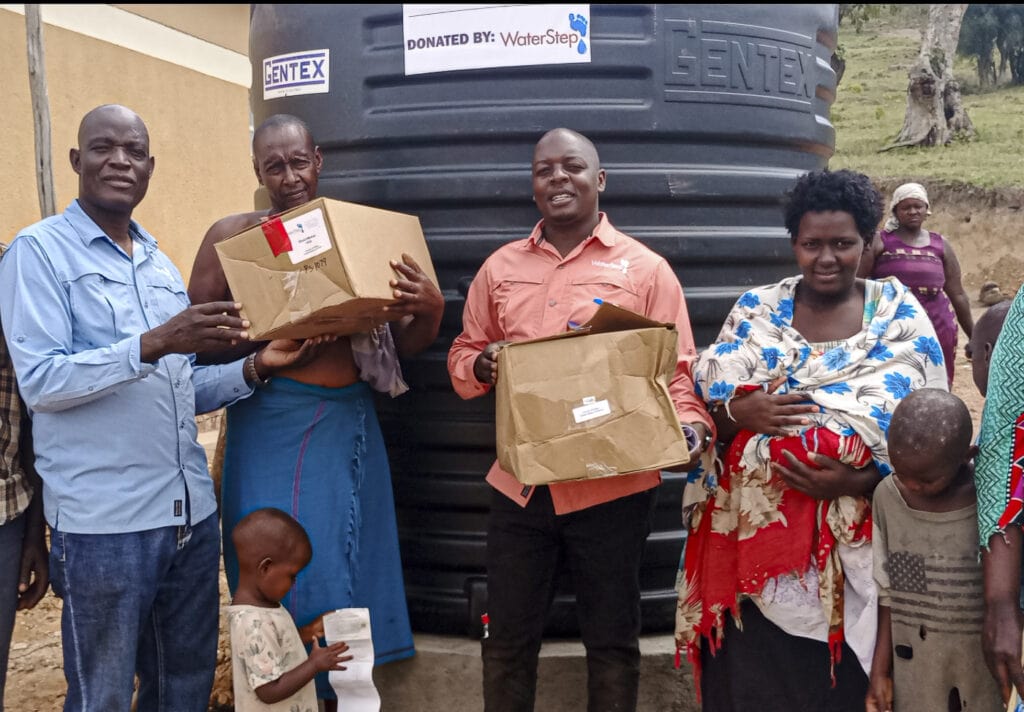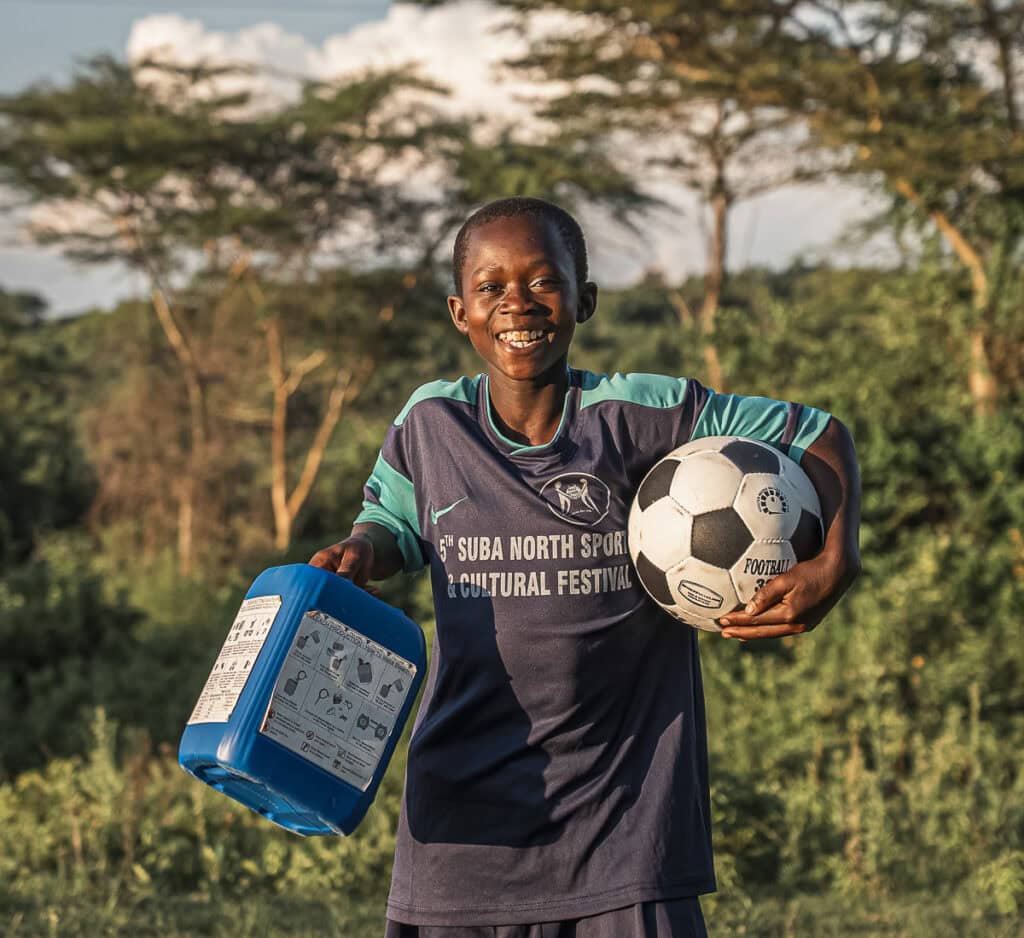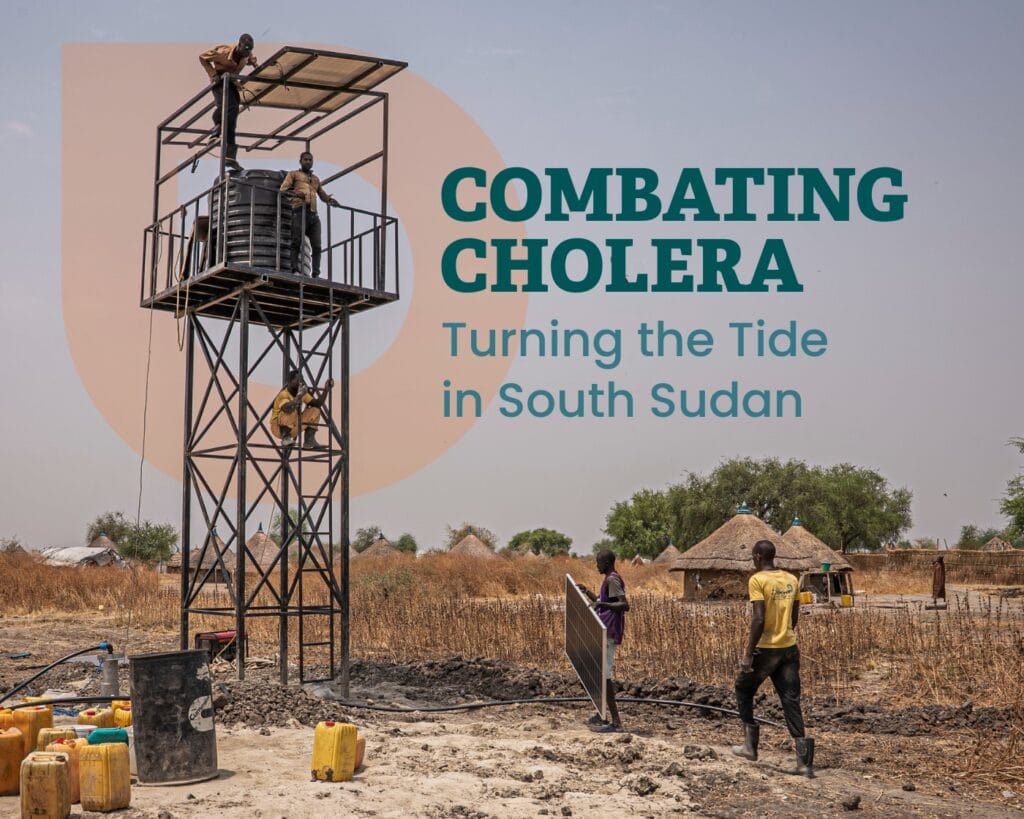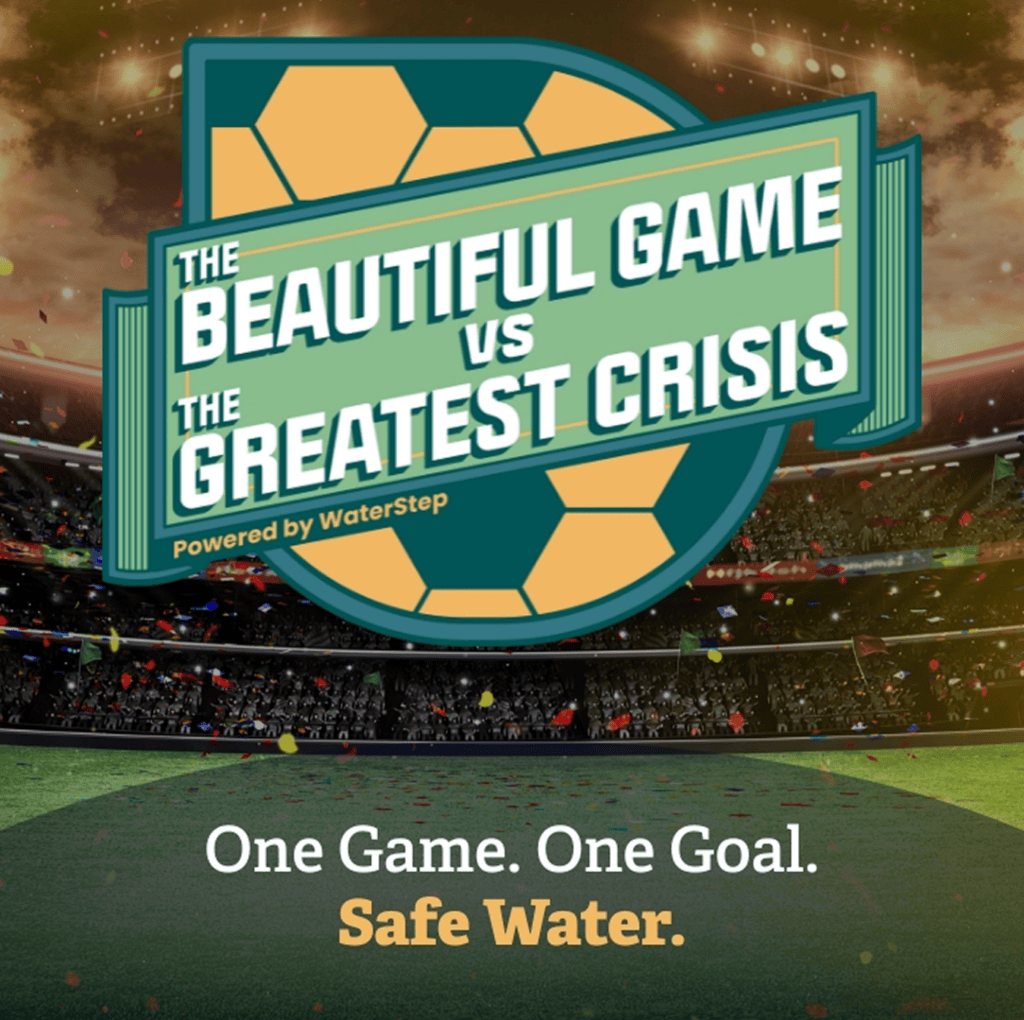Turning thirst into hope: WaterStep’s Impact in Kenya’s Shikusa prison
WaterStep has become a household name. Lives have been saved.
/ By Kristina Goetz
When Collins Otuoma Obiri arrived at Shikusa Farm Prison in Kenya, 130 men were packed into a small room with no running water. Prisoners walked to the river with a jerry can and had to decide how to use the dirty water they collected for the next two weeks. If a prisoner escaped, his guards could be fired or charged with a crime.
Behind prison barbwire, there were no taps or tanks. No one ever washed their bedding or clothes. There was no way to disinfect plates or utensils. Inmates suffered from bed bugs and scabies. Sometimes, liquid from the latrine was boiled and later used in the kitchen. Diarrhea was constant.
Other prisoners warned: You’re being transferred to Shikusa? You’re going to die.
Once, Collins was so sick with stomach pains he was sent to the hospital. A doctor told him he needed safe water – a well-intentioned but nonetheless impossible prescription.
For a man who’d stolen a car, his punishment seemed far worse than the crime.
The situation was so bad, Collins remembered: “I thought maybe even God had forgotten us.”

Since he arrived at Shikusa in 2019, Collins and 700 other prisoners had an abiding worry about water – in the heat of the afternoon as they worked the farm and when they were locked in for the night.
Then, in late 2023, WaterStep, a global leader in safe water innovation based in Louisville, Kentucky – focusing on sustainable solutions to the world’s WASH (water, sanitation, and hygiene) crisis – implemented a new, safe water system at the prison.
For the past 30 years, WaterStep has developed simple tools, patented technology, and effective training to empower people and communities to solve their own water and sanitation needs.
At Shikusa, WaterStep brought in tanks to hold thousands of gallons of water. Pumps were installed to bring water from the river to the prison. The water was sanitized and then piped into the bathrooms and kitchen. Flush toilets replaced latrines. WaterStep provided equipment to make bleach disinfectant and brought in handwashing stations.
For the first time, prisoners had access to safe water. They no longer had to walk to the river. Prison health officials saw a dramatic reduction in waterborne infections and skin diseases but also an ease among prisoners who had clean bodies, clean bedding and peace of mind.

Humphrey Muchuma, a Kenyan who has worked with WaterStep for a decade to implement safe water programs in his home country, spearheaded the prison project. He started by bringing WaterStep BleachMakers to Kenyan prisons during the COVID-19 pandemic. The technology allowed prisons to save about $60 to $70 a month – enough to pay two prison guards – because they could make their own bleach disinfectant with water, a 12V DC power source like a car battery, and ordinary table salt.
Word of the technology’s effectiveness spread fast, and more prison systems wanted their own BleachMakers, then full-scale WaterStep safe water systems. There’s been such high demand that by the end of 2024, all 135 prisons in this east African country will have safe water.
In Kenya, Humphrey said: “WaterStep has become a household name. Lives have been saved.”
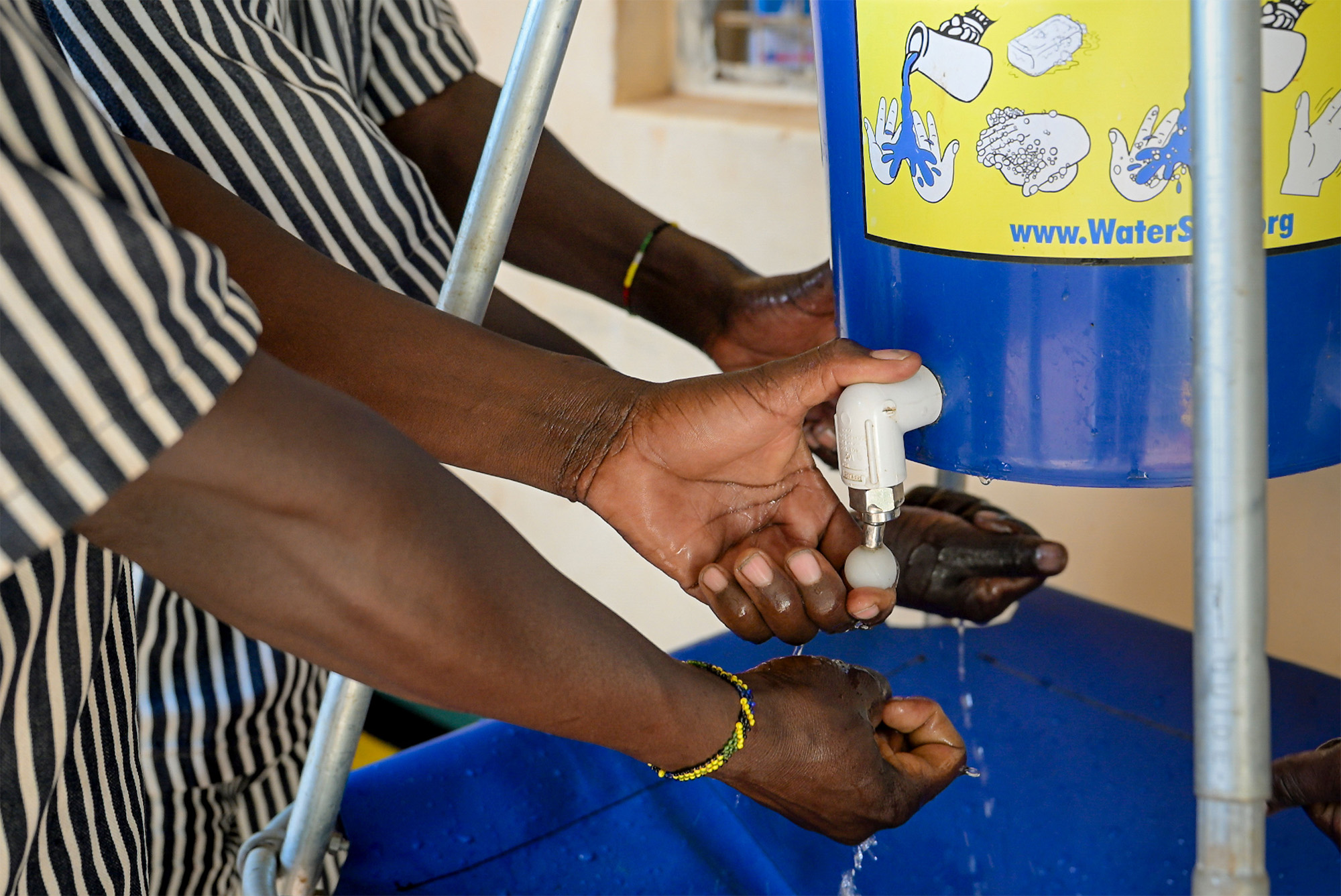
Kenya isn’t the only place where lives have been transformed. WaterStep has reached more than 15 million people in 72 countries with safe water technology that’s designed, developed and manufactured in Louisville. And the organization has even bigger plans.
“The greatest way we can show compassion is to give people safe water,” said WaterStep founder and CEO Mark Hogg. “It breaks ethnic, religious, and cultural barriers even in places as forsaken as Shikusa prison. Everyone in this world needs and deserves safe water, and WaterStep has a bold plan to reach every one of them. Anyone can be a WaterStep hero. Every person can make a difference.”
Collins, who is scheduled to be released from Shikusa prison this fall, has hope.
“WaterStep, we don’t have anything to give you,” he said. “We are praying God to open every door so you can continue helping other people, so you continue helping other prisons.”
